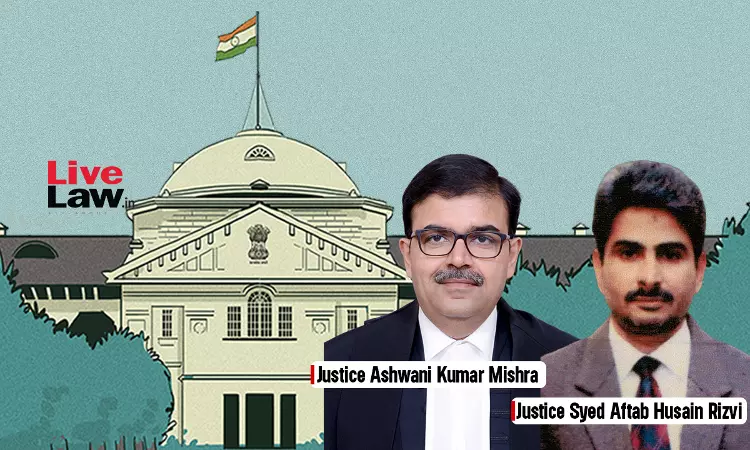Allahabad High Court Acquits Man Awarded Death Penalty For Allegedly Killing 2 Relatives By Setting Them Ablaze
Sparsh Upadhyay
24 Aug 2023 3:08 PM IST

Next Story
24 Aug 2023 3:08 PM IST
The Allahabad High Court recently set aside the sentence of the death penalty imposed on a man accused of killing his mother-in-law and brother-in-law by setting them ablaze as the Court noted that his guilt had not been established beyond reasonable doubt. “We find in the facts of the case that the court below has not subjected the testimony of witnesses to careful scrutiny...
